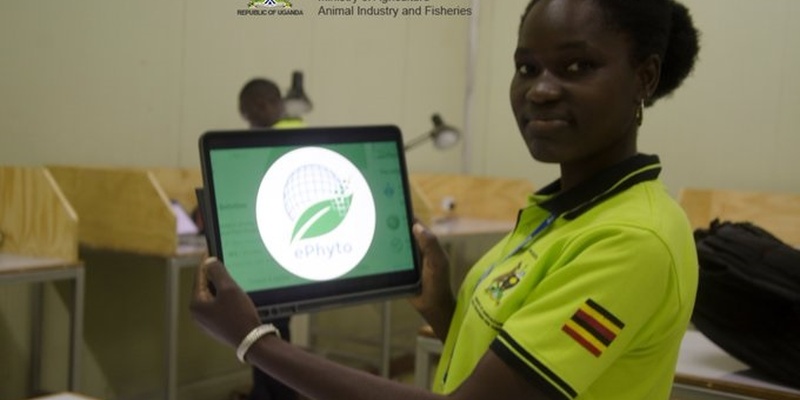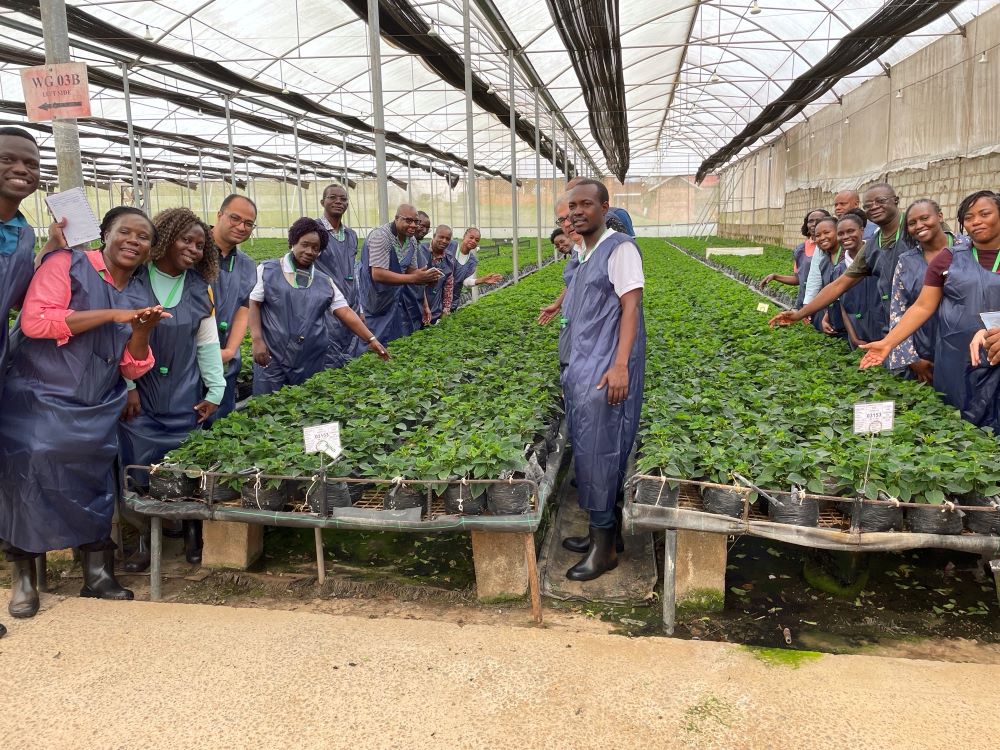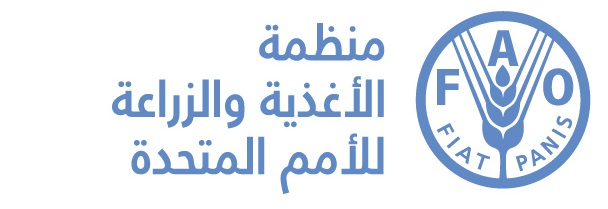SPOTLIGHT: Leaving the old, embracing the new: Uganda’s success with ePhyto
Posted on إثنين, 13 مايو 2024, 07:33

©MAAIF
Agriculture is the lifeblood of Uganda’s economy. Seven in 10 Ugandans are employed in agriculture. Agriculture is responsible for 24 percent of Uganda’s income. Agricultural trade contributes 33 percent to the country’s export earnings.
Over the years, Uganda has made leaps and bounds in its national capacity and infrastructure to simplify trade of agriculture commodities on the international market. One such leap involved leaving the old and embracing new technology for better, safer and more profitable international trade in agricultural commodities.
Before August 2020, Uganda used a manual certification system for agricultural products traded internationally. The system produced paper phytosanitary certificates (PCs) that exporters would attach to produce for export and send to importing countries as proof of pest-free and safe consignments. The PCs worked; but had myriad challenges, some of which threatened to plunge Uganda’s hopes to increase exports and export earnings.
PCs were associated with forgeries and inadequate documentation that resulted in the interception of consignments headed for export. Exporters were required to physically apply for PCs from the Department of Crop Inspection and Certification, which is also the national plant protection organization (NPPO) of Uganda, and then sit tight and wait to receive feedback. This process would involve days of back-and-forth movement to make inquiries or finally receive a PC. There was no guarantee for a secure method of transmitting PCs and in some cases, PCs were lost or damaged during transit. This delayed shipment of consignments. For any exporter, the cost of doing business in agricultural commodities was significant.
The NPPO of Uganda, which is based at the Ministry of Agriculture, Animal Industry and Fisheries (MAAIF) is responsible for phytosanitary certification and issuing PCs. Although using paper phytosanitary certificates was considered the modus operandi for the NPPO, it was a significant challenge to the efficiency of the NPPO.
There was limited storage space for all the PCs, the process of procuring PCs was so long and complex that on some occasions, the office ran out. The national system could not deliver analytical and comprehensive data in real-time and so the NPPO could not ably advise the Government of Uganda on phytosanitary export issues. The archaic system made it impossible to provide importing countries with authenticated PCs from Uganda.
Embracing ePhytos
According to the NPPO, the IPPC ePhyto Solution could not have come at a better time. Safe trade in agricultural commodities from Uganda was at risk if the country continued using the manual system. With a multi-pronged approach, the IPPC ePhyto Solution could help address many phytosanitary and trade-related challenges. The Government adopted the Generic ePhyto National System (GeNS) to facilitate trade across various ministries, departments and agencies, and in the private sector. The GeNS is one of two components of the IPPC ePhyto Solution, which countries without a purpose-built system to connect them to the centralized exchange system (Hub) can use to create, send and receive ePhytos.
NPPO inspectors were trained to use the ePhyto Solution and soon, the country realized an improvement in its compliance with international plant health standards and relations with trading partners.
ePhyto was rolled out using a commodity value chain approach, starting with the horticulture sector, whose products were most impacted by interceptions. Through a Public-Private Partnership, the government equipped NPPO inspectors with laptops and tablet computers, while exporters are required to provide internet connectivity and computers at their facilities.

© MAAIF
Reaping benefits
Since Uganda adopted ephytos over three years ago, a lot has changed.
The number of ePhytos from Uganda increased since July 2020, 2021, 2022 and 2023, revealing an annual increase of 2, 14.5, 17 and 66 percent respectively. The GeNs provides a more reliable and faster service, reducing delays due to the unavailability of hard copy certificates. ePhyto reduced the need for extra storage space for PCs and enabled real-time data collection on trade statistics to position the NPPO to advise government on trade in agricultural commodities. The NPPO also enjoys direct communication with NPPOs in destination markets because with the GeNS, Uganda can trade with any country using the IPPC ePhyto Solution.
Private sector actors have reduced their costs of doing business because the GeNs produces automatic phytosanitary certificates. Inspection requests can be made online, requiring less travel. NPPOs can provide quick feedback and certificate issuance is easier and cheaper. The likelihood of suffering lost, or damaged PCs has reduced and corrections, where necessary, can be made electronically and immediately.
The IPPC ePhyto Solution has increased confidence among Uganda’s trading partners and the Ministry and NPPO are optimistic that trade volumes will continue to grow.

Technical personnel from NPPOs in Africa during a visit to a flower farm in Uganda, to appreciate ephyto use. ©MAAIF

